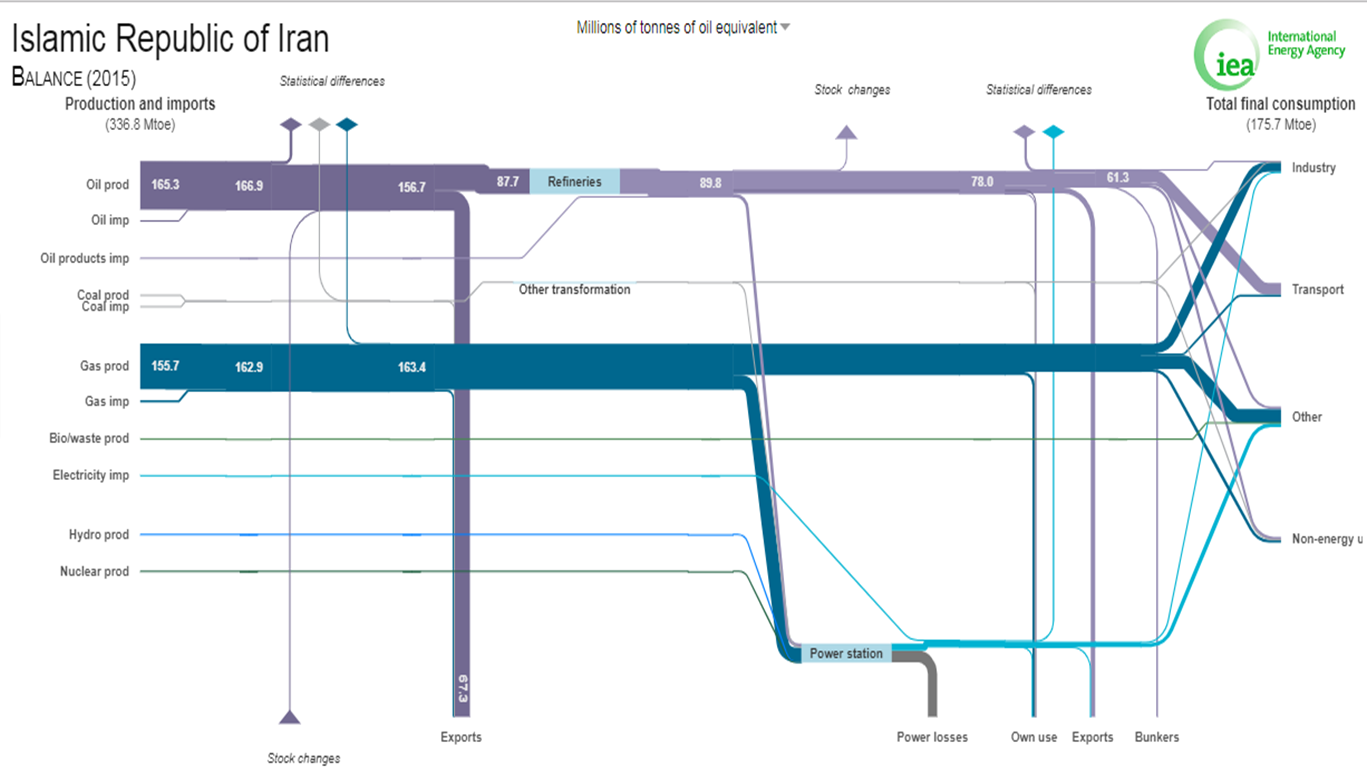
Uploaded on 2018-06-18 by sajedeh roustaei
Oil and gas prod are two dominant fossil fuels used in Iran which are mainly used for transportation and other consumptions. The transportation sector is responsible for an estimated 19.5% of national CO2 emissions. To reduce emissions, upgrading the public transportation fleet (buses and rail), promoting urban traffic management policies and increasing the share of compressed natural gas (CNG) in transport can be effective policies. To implement efficiency improvement, priority should be given to: installation of steam units in combined cycle plants; development of renewable energy; reduction in losses; Optimization of energy consumption; reducing liquid fuel consumption; and increasing the share of fuel exports. In order to promote new and renewable energy technology and know-how and build power plants in the country using sources like wind, solar, fuel cell and geothermal, Such aim will be achieved through investments on research and technology in solar and wind electricity generation activities in the country; allocation of a definite and increasing percentage of research budgets on research on renewable energies; establishment and implementation of renewable energy pilot projects.